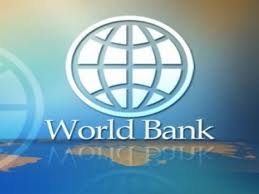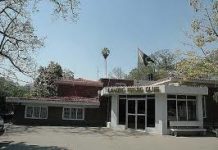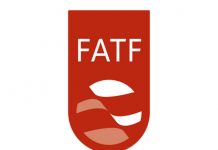By Muhammad Luqman
The World Bank has said that it would continue to support Pakistan to implement broad economic reforms and address current risks towards achieving its development aspirations.
The statement was made after discussions with a Pakistan delegation that covered a range of topics including the macro-economic outlook, human capital development, renewable energy and private sector development as well as infrastructure financing.
The productive talks during the World Bank-International Monetary Fund Annual Meetings in Washington D.C were held with a Pakistan delegation including Shahid Mahmood, Secretary, Finance Division, Tariq Bajwa, Governor the State Bank of Pakistan, and Arif Ahmed Khan, Secretary of the Economic Affairs Division. They met with a World Bank team led by Annette Dixon, Vice President, South Asia Region.
On the macro-economic outlook, the discussions acknowledged that Pakistan has done well in stabilizing its economy over the past four years, and in achieving 10-year high growth of 5.3 percent in financial year 2017. The delegation informed the Bank management of the recent performance in revenue mobilization, exports and remittances.
The country is facing headwinds in the external sector and a rising fiscal deficit that could put macro-economic management at risk. This has resulted in increased external financing needs of 5-6 percent of Gross Domestic Product (GDP) in financial year 2018, or around $17 billion, to cover rising current account deficit and debt payments.
The Bank management also clarified to the delegation that media reports referring to external financing needs of 9 percent of GDP, or $31 billion, were an extrapolation on data published in the recent South Asia Economic Focus report. The Bank agreed with the delegation that foreign portfolio investments are not part of the external financing needs of Pakistan.















